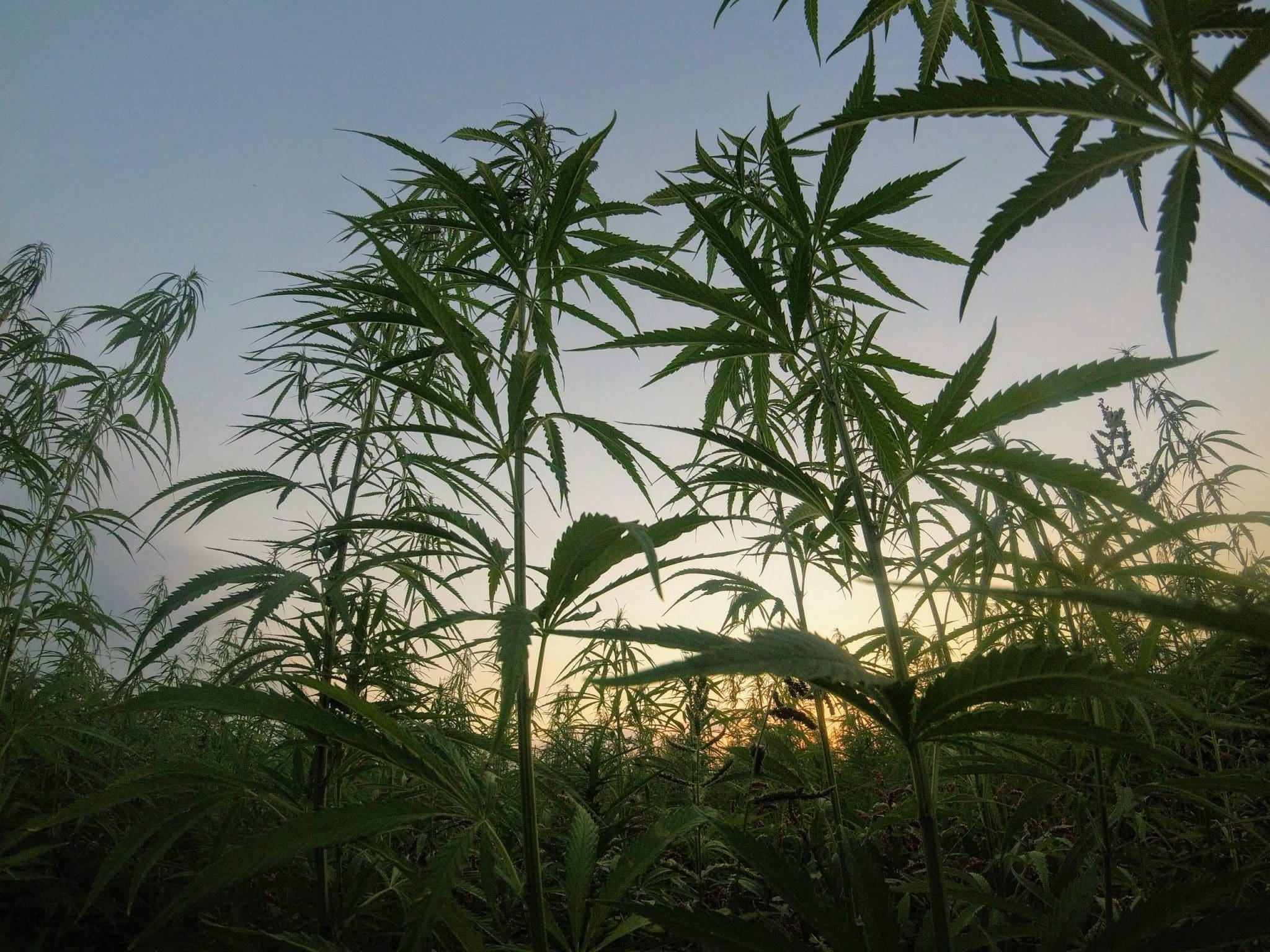How Cannabis Shapes Cultures Across the Globe

Cannabis isn’t just a plant, it’s a cultural force. From ancient religious ceremonies to modern policy debates, it has woven itself into traditions, laws, and daily life in ways that are as diverse as the societies that embrace or reject it. Let’s take a closer look at how cannabis is perceived, used, and regulated around the world.
India: A Sacred and Medicinal Marijuana Heritage
In India, cannabis has been revered for millennia. The Atharva Veda, a sacred Hindu text from around 1500 BCE, calls it one of the five most sacred plants. It’s consumed as “bhang,” a cannabis-infused drink popular during festivals like Holi and Maha Shivaratri, where they honor Lord Shiva, who is often seen as a cannabis user himself.
For centuries, Ayurvedic practitioners have used cannabis to treat pain, insomnia, and digestive issues. Unlike Western medicine’s pharmaceutical-heavy approach, traditional Indian medicine embraces cannabis as a natural remedy—though modern Indian laws now heavily regulate its use outside religious contexts.
Jamaica: Cannabis as a Spiritual and Cultural Icon
For Rastafarians, cannabis or “ganja” is more than a plant; it’s a holy sacrament. They believe it brings them closer to Jah (God) and enhances meditation. The ritual of smoking cannabis in communal settings, often called “reasoning sessions,” fosters spiritual growth and unity.
Jamaica’s association with cannabis isn’t just spiritual, it’s cultural. Reggae icons like Bob Marley helped spread the image of cannabis as a tool for peace, resistance, and self-awareness. Despite this, cannabis remained illegal in Jamaica until 2015, when the government decriminalized small amounts for personal use.
The Netherlands: A Model of Cannabis Pragmatism
Contrary to popular belief, cannabis isn’t fully legal in the Netherlands. It’s decriminalized. Coffeeshops in Amsterdam can sell small amounts under strict regulations, but large-scale production remains illegal. This paradox—where selling is allowed, but supply is restricted—has fueled a thriving gray market.
The Netherlands treats cannabis as a public health issue, not a criminal one. By regulating sales and allowing safe spaces for consumption, the country has one of the lowest rates of problematic cannabis use in Europe. It’s a pragmatic approach that many nations are now considering.
Indigenous Cultures: Ancient and Evolving Cannabis Practices
While not as widely documented as other plant-based rituals, some Native American tribes have used cannabis in spiritual ceremonies for healing and vision quests. More commonly, indigenous groups have relied on other sacred plants like peyote and tobacco, but cannabis is finding a new role as laws change.
With cannabis legalization spreading, indigenous communities are entering the industry, leveraging centuries of plant knowledge. From Canada to the U.S., tribal nations are establishing dispensaries and cultivation operations, turning cannabis into a tool for economic self-sufficiency.
Asia: Strict Laws, Shifting Attitudes
China was one of the first civilizations to use cannabis—records date back to 2,700 BCE. Ancient Chinese medicine prescribed it for pain, inflammation, and even malaria. But today, China has some of the strictest anti-cannabis laws in the world, despite being a leading exporter of hemp products.
Both countries have long criminalized cannabis, with severe penalties even for personal use. Yet, change is coming. South Korea became the first East Asian country to legalize medical cannabis in 2018, and Japan is cautiously exploring its therapeutic potential. While full legalization is still far off, shifting global attitudes are making an impact.
Final Thoughts: Cannabis as a Cultural Mirror
Cannabis reflects the values, fears, and traditions of each society it touches. In some places, it’s a sacred medicine; in others, a rebellious symbol or a tightly controlled substance. As global views evolve, so does cannabis’s role, whether as an economic driver, a political issue, or a cultural mainstay.
Understanding these perspectives isn’t just interesting, it’s essential. Because as the world rethinks cannabis, these histories and traditions will shape the future of its acceptance, regulation, and use.
If you’re interested in staying ahead of trends, check out our post Marijuana Culture Updates: What’s Trending in Marijuana News. Get the freshest updates on industry shifts, policy changes, and the cultural movements shaping cannabis today!
The information contained in this blog post is for informational purposes only and is not intended as a substitute for medical advice, diagnosis, or treatment. Read our full disclaimer.

